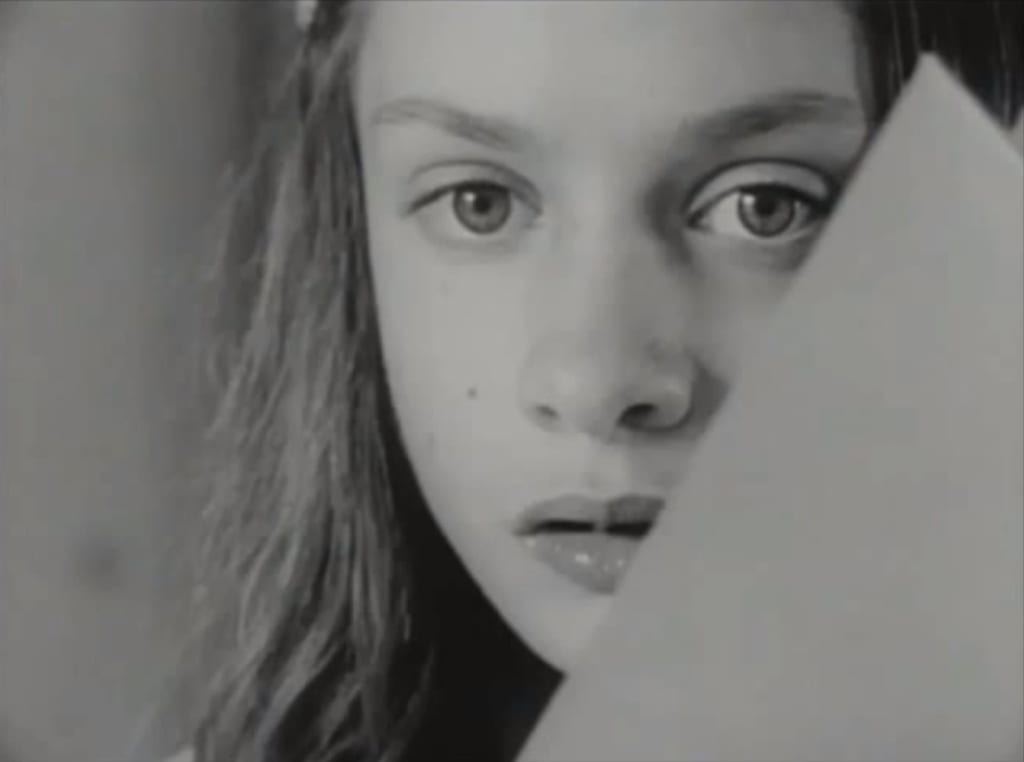Agents of Socialization
What Genie Taught Us

Genie, sometimes referred to as the 'wild child', was a girl found at 13 years old in Los Angeles on November 4, 1970 who had been raised in near total isolation, even from other people in her family. It was a shock to her neighbors who never knew she existed. Genie was found locked in a room and tied to a potty chair where she sat in the dark all day, ate, and slept. Living in this room, there was little to no stimulus to allow her to learn or develop areas of her brain. She never learned how to speak, as no one spoke to her and was barely able to walk. Her father had locked her in that room once he began to suspect she was mentally retarded and would then after beat her for making any noise. After being found out he committed suicide. Once she was found, many researches of different fields such as psychology, psychiatry, and linguistics took notice and proceeded to study her development and teach her as much a they could. She was finally able to explore the world around her and behaved as a toddler would, intensely staring, touching, and rubbing some items on her face. She started to show emotion and speak, learning 100 words by spring. Susan Curtis was the main authority on teaching Genie how to speak and all the words she needed to know. One of the researchers, Butler, decided to take Genie in for the duration of the research, but was denied to be her permanent foster parent, so David Riddler and his wife stepped in. Genie now had children around her as well as adults. Because Genie had never been able to learn by watching or doing, she had to be taught almost everything, including how to throw a tantrum before she could express herself in words. Eventually the data that had been gathered was found to be too ambiguous and funding was cut. Genie could no longer stay with the Riddler's so they found a home for her. Unfortunately, her mother was found to be a victim of Genie’s father as well was acquitted of child abuse charges and wanted to care for Genie herself. This soon proved itself too difficult and Genie was bounced between often abusive foster homes. In the end her vocabulary was wide, but she could not form grammatically correct sentences and did not walk as a normal young adult would. She now lives in an adult care home in California. Her tragic story shows the importance of familial socialization and its physical, mental, and social effects on children.
Children tend to learn physical activities through vicarious learning and practice. Genie never had the opportunity to do either. As a 13 year old, she could barely walk, a skill that is normally developed and perfected at one year old. She had nowhere to walk while strapped to the potty chair and no one to mimic, so she had never developed the skill. Even as an adult, she still cannot walk in a way that most would consider normal. Neither her gross nor fine motor skills developed the way or to the extent they would have had she been raised in a non-abusive home.
One reason linguists were so obsessed with this case, is that by age 13 Genie could still only make babbling noises and not words. Babbling is characteristic of a 6 month old child, and by 13 a child should be able to form full sentences and know enough to adopt personal speech patterns. After she was found, she began to learn vocabulary and began to string words together. She could make remarks with enough words that her point could be understood. Her language progressed to eventually what would be typical of a 2 to 3 year old, but never developed any further, as she could not grasp grammar to form proper sentences.
Among her other struggles, Genie’s cognitive development had been stunted from her years of isolation. Having little no stimulus in a mostly dark room with little space to move, there was almost nothing to stimulate her brain. Once she was free of that place she began to intensely explore by staring, touching, and bringing objects to her face to examine. She had to learn how to use what many would consider to be the most basic of objects around her. She eventually went to nursery school but could not progress further with that type of curriculum. Abstractions and hypotheticals seemed to be beyond what she could progress to.
Socially, Genie was well liked and intrigued many, but most of the social skills a teenager would have were absent. She had the social skills of a 4 month old when she was found and worked her way to more developed skills, but only was able to develop up to the skills of a 2 year old. She seemed to never have developed an idea of gender or biological sex and did not often participate in groups, which are the skills that start to develop around 3 years old.
Genie’s time and isolation deprived her of the ability to learn language, social skills, cognitive skills, and the ability to perform physical tasks in a way that most would consider normal. Her social, physical, and mental development became stunted and took away her opportunity to live an independent life. All of the things she should have learned from her family, such as walking and talking were forbidden to her by her father. Had she been allowed to at least interact with other humans, she may have still had mental health problems from the abuse, but her growth in all areas would not have been stunted in a way that made true independent adulthood impossible to achieve.





Comments
There are no comments for this story
Be the first to respond and start the conversation.